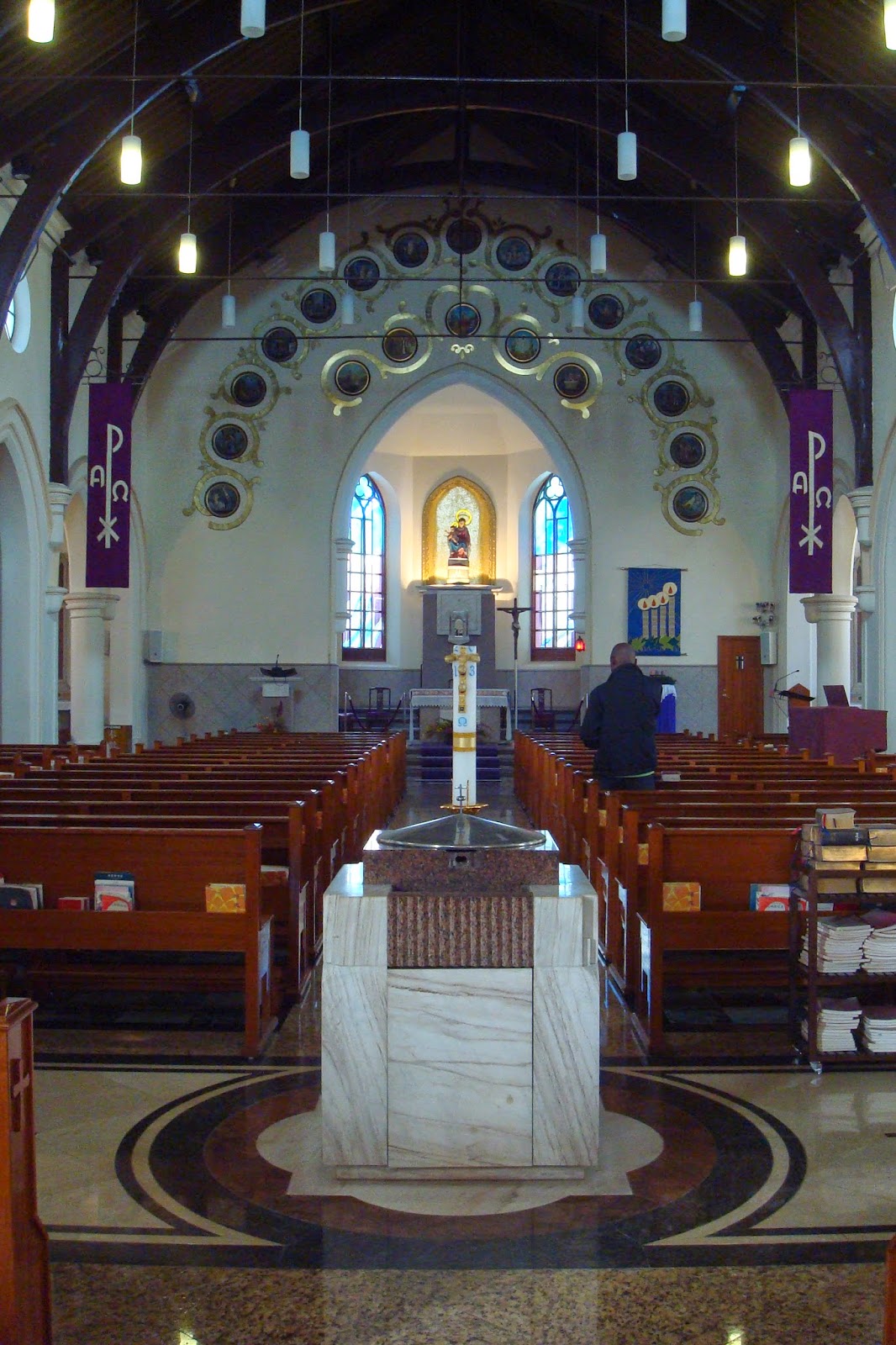the fallible man - 4th sunday lent B 2015

Last week I was assigned as reader to a thesis defence on Ricoeur’s concept of the fallible man. There is in us a tension created by the upward pull of the spiritual and the downward pull of the bodily; the upward pull of the ideal and the downward pull of the empirical; the upward pull of our desires, dreams, ambitions and imagination and what we can possibly become and the downward pull of our realities and who we really are. Because of this tension there will always be a disproportion between what we could have done and what we have done; a tension between what we want to do and what we in fact do. We will always fall short. Thus we carry with us the possibility of committing error, we are prone to make mistakes because ontologically we are “the fallible man.” In the paper presented what struck me was the struggle and desire of the seminarian to lessen the tension between these two poles, and thus lessen and perhaps even eliminate the possibility of man falling into err





